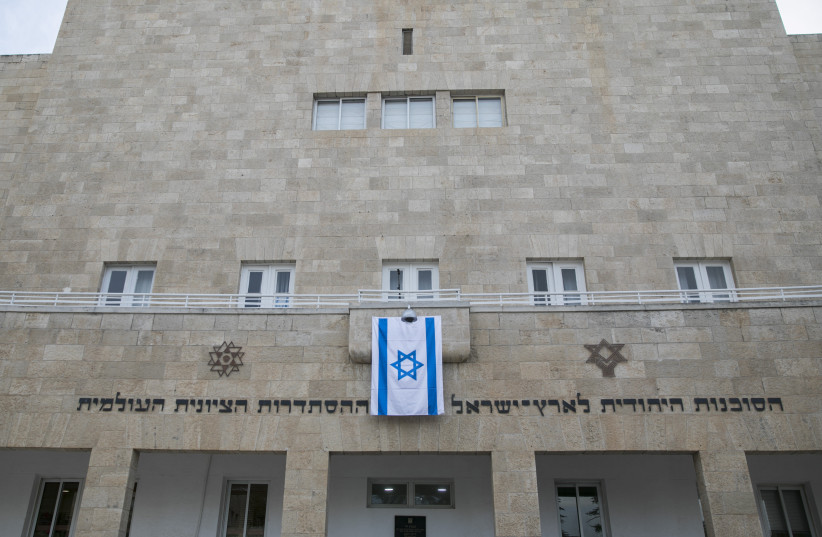Former MK Michal Cotler-Wunsh wants to be chosen by the Jewish Agency’s Selection Committee as its chair, and offers as her credentials a track record of implementing her life’s mission: removing hurdles for immigrants, healing the Israel-Diaspora rift, and speaking the language of rights to address antisemitism.
But in the wake of the scandal caused by former Agency candidate Elazar Stern boasting that he shredded anonymous complaints in the IDF, Cotler-Wunsh adds her gender as another reason the committee should pick her: “It’s 2021 – I think it’s obvious that it’s time.”
“After all the chairs of the Agency until now were men, it couldn’t hurt if there is a woman, [and] not just because she’s a woman,” she said. “All the women candidates are qualified, and may the best woman win. Being a woman is one more piece. It’s about viewpoint diversity. Having female leadership signals change, which the Agency is looking for.”
Cotler-Wunsh stressed that such a decision should not be reactive following Stern’s scandal. She said Jewish organizations are sorely lacking in female leadership.

“Female leaders have proven time and time again that they bring different traits to their leadership, including being more collaborative,” she said. “This is key to reaching out to the younger generation and engaging them.”
Cotler-Wunsh is one of five women seeking the post, along with Jerusalem Deputy Mayor Fleur Hassan-Nahoum, ANU museum director Irina Nevzlin, former Diaspora Affairs minister Omer Yankelevitch, and Bar-Ilan University law professor Yaffa Zilbershats. Three men remain in the race: former MKs Danny Danon, Uzi Dayan and Michael Oren.
Following Stern’s departure, the government is looking for a new candidate to support. Cotler-Wunsh said she could be that candidate, because she knows the hallways of the ministries and the Knesset, and because she has proven that she can cooperate across party lines. She left Blue and White and is currently not affiliated with any party.
Cotler-Wunsh was born in 1970 in Jerusalem but raised in Canada, and moved back to Israel with the help of the Jewish Agency that she now wants to run.
“It is important that the Agency head not be affiliated with only one political voice, because political affiliation is divisive,” she said. “I have the ability to transcend religious and secular and political divides, because I am not affiliated with a sector, or with one party or another. I have no problem speaking to everyone. I grew up in a pluralistic community. It doesn’t matter what shul I pray in, because I don’t judge others’ personal practice.”
Cotler-Wunsh is currently the head of Nefesh B’Nefesh’s Institute for Aliyah Strategy and Policy, which aims to identify and advance constructive long-term policy and legislation changes relating to immigration, absorption and integration of olim.
She is also a senior adviser to the Jewish Federations of North America, where her role is to identify, initiate and engage with JFNA stakeholders, leadership and communities across North America; and to challenge paradigms, critically examine relationships, and design strategies to enable a renewal of the covenant between Israel and North American Jewry.
She is close to former Agency head Natan Sharansky, who came to her maiden speech at the Knesset. She also spoke to former Agency chairman and current President Isaac Herzog as she contemplated running.
Ahead of her formal interview for the post, Cotler-Wunsh met each member of the selection committee individually, and she has complete faith in them selecting the best candidate at this time.
“The Jewish Agency is the most important platform to bridge, heal and reshape the relationship paradigm between Israel and the Diaspora,” she said. “We need to level the playing field and ensure it is a two-way bridge, which involves teaching Israeli decision-makers to take into account the Diaspora’s needs.
“I am part of the living bridge, and that’s a tremendous responsibility to ensure that what matters does not get lost in translation. The Agency must unite Israel and world Jewry at this urgent time in our history. It can be a tremendous agent for change.”
